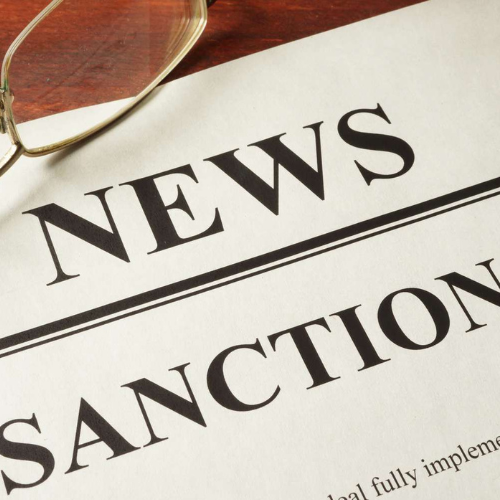The United States has announced plans to impose stricter penalties on Hong Kong officials following the jailing of 45 activists. These individuals were convicted of subversion under Hong Kong’s controversial national security law. Their sentences, which range from four to ten years, have sparked international concern and strong condemnation from Washington.
Why the US Is Taking Action for the Activists
The trial of the 45 activists is seen as the largest and most high-profile case under the national security law, which was introduced in 2020 after widespread anti-government protests in Hong Kong the year before. The activists were accused of organizing an unauthorized election aimed at challenging the government.
The US government argues that these activists were punished not for any violent or harmful actions but for peacefully participating in political activities. The law under which they were convicted, the US claims, is being used as a tool to silence dissent and curb freedoms in Hong Kong.
A US State Department spokesperson criticized the sentences, describing them as “harsh” and life-changing for the individuals involved. He also emphasized that such actions erode trust in Hong Kong’s judicial system and damage the city’s image as an international hub for freedom and commerce.
What the US Is Doing
To respond to the situation, Washington plans to introduce new visa restrictions targeting officials in Hong Kong. These restrictions are aimed at individuals believed to be responsible for enforcing the national security law and overseeing the trial. While the exact number of officials affected has not been disclosed, it is part of a broader effort by the US to push back against what it views as oppressive policies in the city.
The US is also calling for the immediate release of the jailed activists. Officials have urged Hong Kong and Beijing to stop using vague and sweeping laws to suppress peaceful political expression. According to the US, these actions undermine the city’s openness, which was once seen as key to its success.
US Targets Israeli Settler Group with Sanctions for West Bank Violence
This is not the first time the US has targeted Hong Kong officials. Back in 2020, the Trump administration imposed economic sanctions on several individuals, including high-ranking government leaders, for their roles in implementing the national security law. These sanctions froze US-based assets of the targeted officials and prohibited American businesses from engaging with them.
Background of the Trial
The activists’ case has drawn significant attention because of its size and length. It revolved around an unofficial “primary election” held in 2020, organized by opposition groups to select candidates for Hong Kong’s legislature. Prosecutors argued that this event was part of a broader conspiracy to overthrow the government, making it a violation of the national security law.
Among those sentenced was the leader of the initiative, a former legal scholar, who received the heaviest penalty for his role in planning the election. The law, introduced by Beijing, gives authorities sweeping powers to crack down on activities considered threatening to national security, including acts of subversion, secession, terrorism, and collusion with foreign forces.
Critics of the law argue that its language is vague and overly broad, allowing authorities to target individuals for activities that would otherwise be protected under international human rights standards. Since its enactment, the law has been widely criticized by foreign governments, human rights groups, and the broader international community.
The trial’s conclusion marks another significant step in what many see as a clampdown on freedoms in Hong Kong. It highlights the growing tension between Beijing and foreign governments, particularly the US, over the future of the city’s political landscape.
As the situation unfolds, the US remains vocal in its criticism of the measures taken under the national security law. These developments signal heightened tensions between Washington and Beijing, with the international spotlight once again on Hong Kong’s diminishing autonomy and freedoms.


